
Yemen
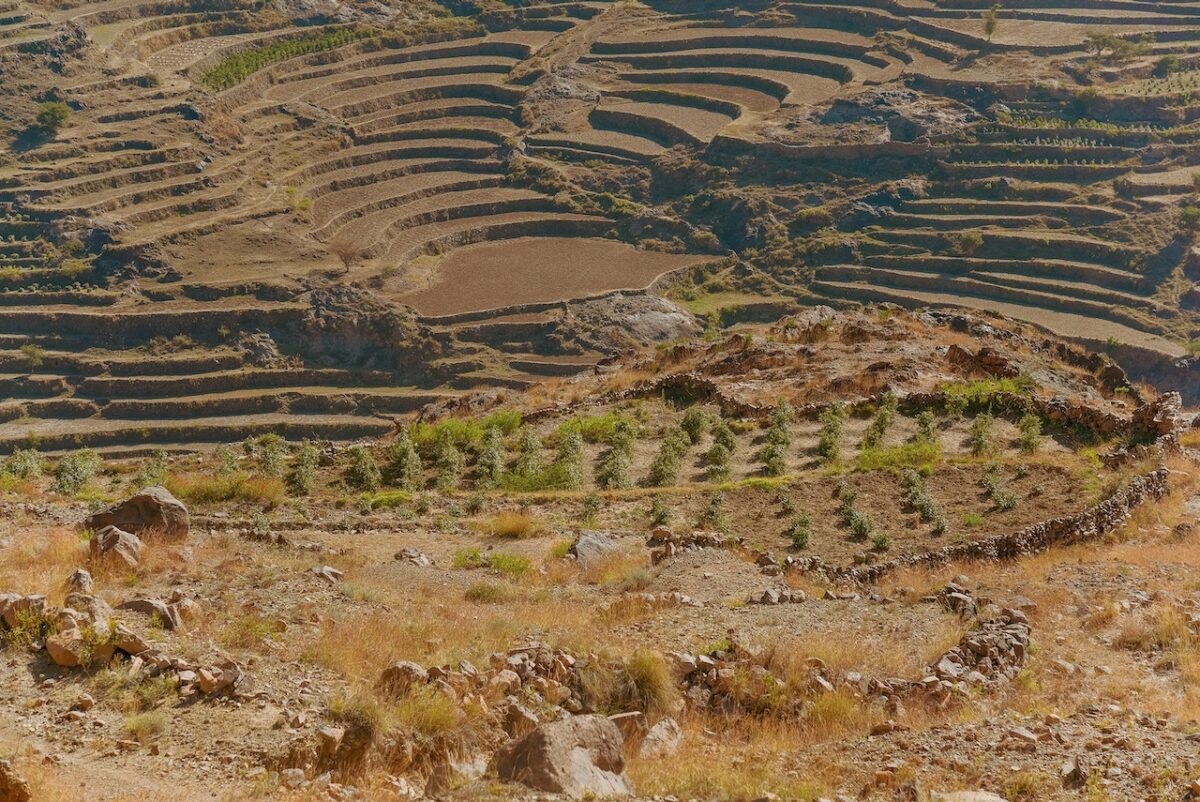
Country of Yemen
Yemen is located at the southwestern tip of the Arabian Peninsula. The country has diverse terrains, from mountainous regions in the northwest to deserts in the southeast. The Socotra archipelago off the southern shore, often referred to as “the Galapagos Islands of the Indian Ocean,” boasts a unique ecosystem. With relatively small oil output compared with other Middle Eastern nations, Yemen is not blessed with the affluence of Saudi Arabia and the UAE.
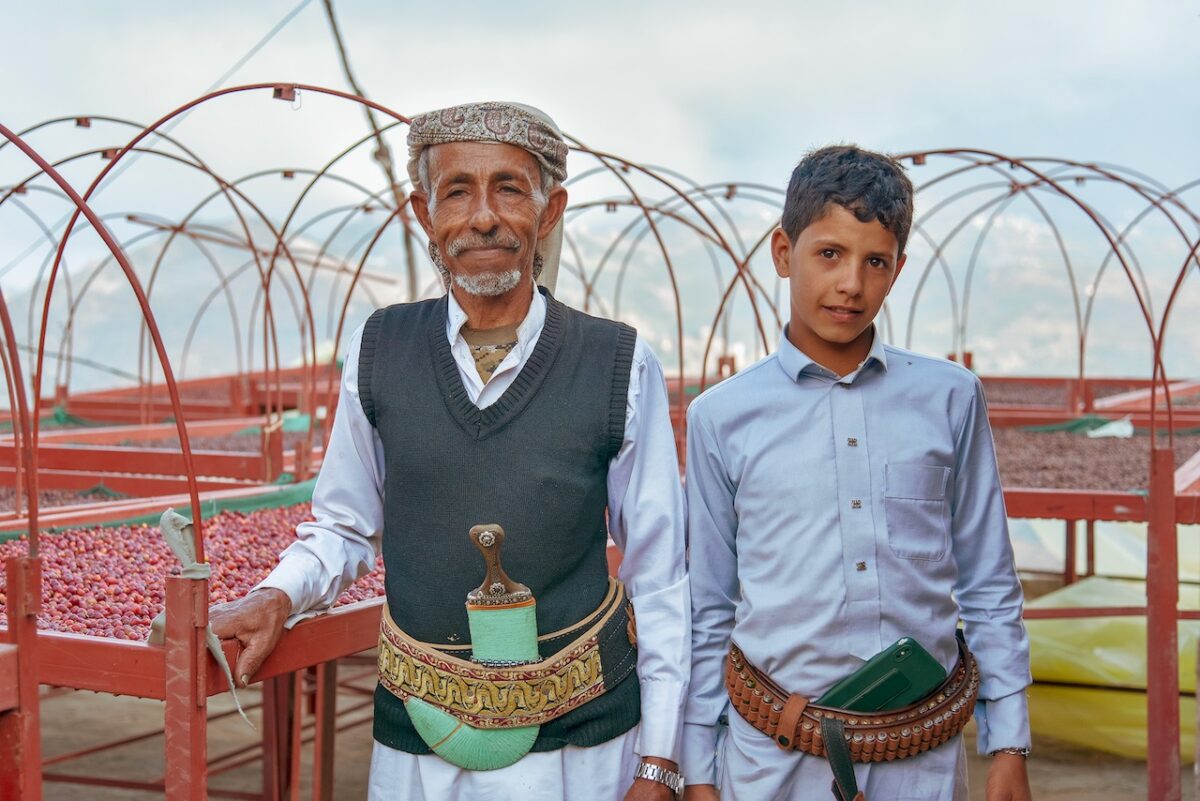
Islamic culture permeates many parts of the Yemenis’ daily life, with women covering all but their eyes with a black veil and dress and men clad in white attire with a short dagger around the waist. The capital Sanaa, dubbed “the world’s oldest skyscraper city,” is listed as a World Heritage site. The city is home to architecture that dates back to the medieval era.
These beautiful legacies of Islamic culture are still alive and well in Yemen. But the country ranks among the worst in terms of gender gap. With no legal minimum age for marriage, child marriage is still common, a practice that sets the country in stark contrast with the rest of the world.

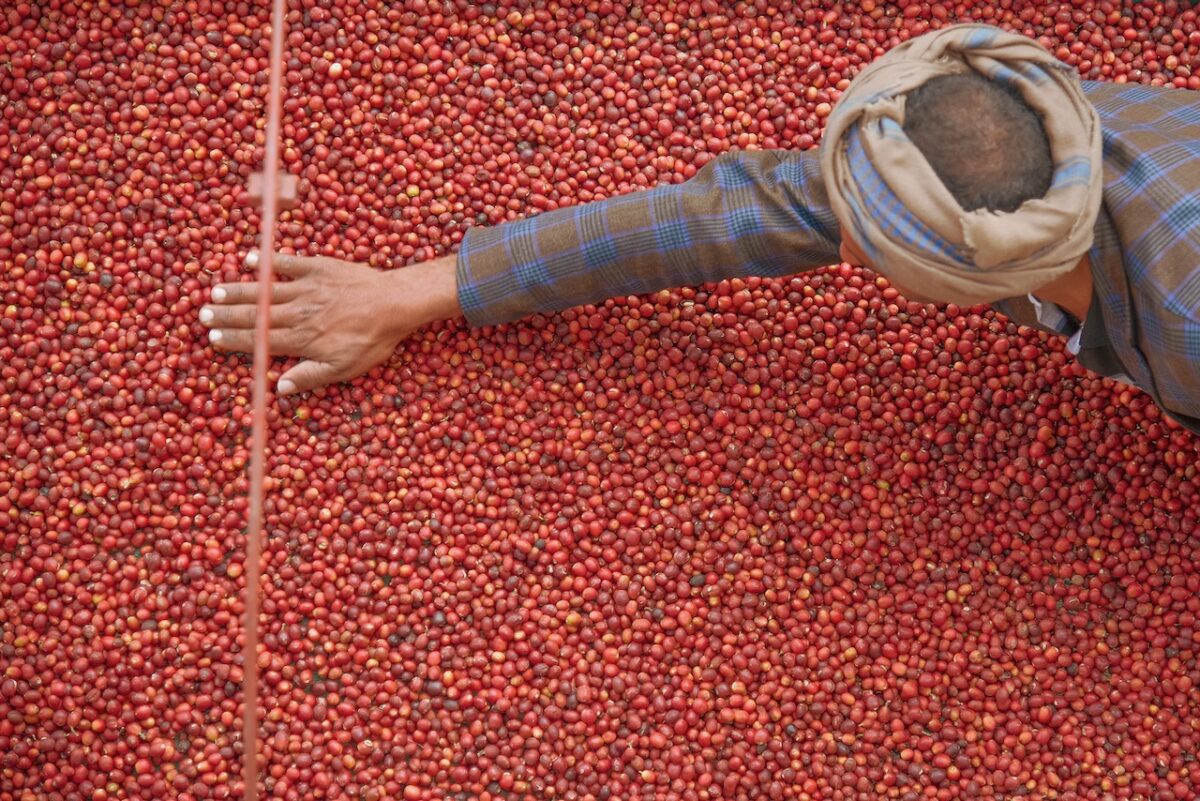
History of Coffee in Yemen
Yemen’s history is deeply intertwined with the history of coffee. In the 16th century, Ethiopia brought coffee trees to Yemen. They were later exported from Yemen to Europe by Dutch merchants in the 17th century before spreading worldwide. Port of Mokha, which sits across the Red Sea from the continent of Africa, is known as the place that exported coffee to the world for the first time. This is why Ethiopian and Yemeni coffee are collectively called Mokha. Yemen is, in other words, the origin of coffee trading.
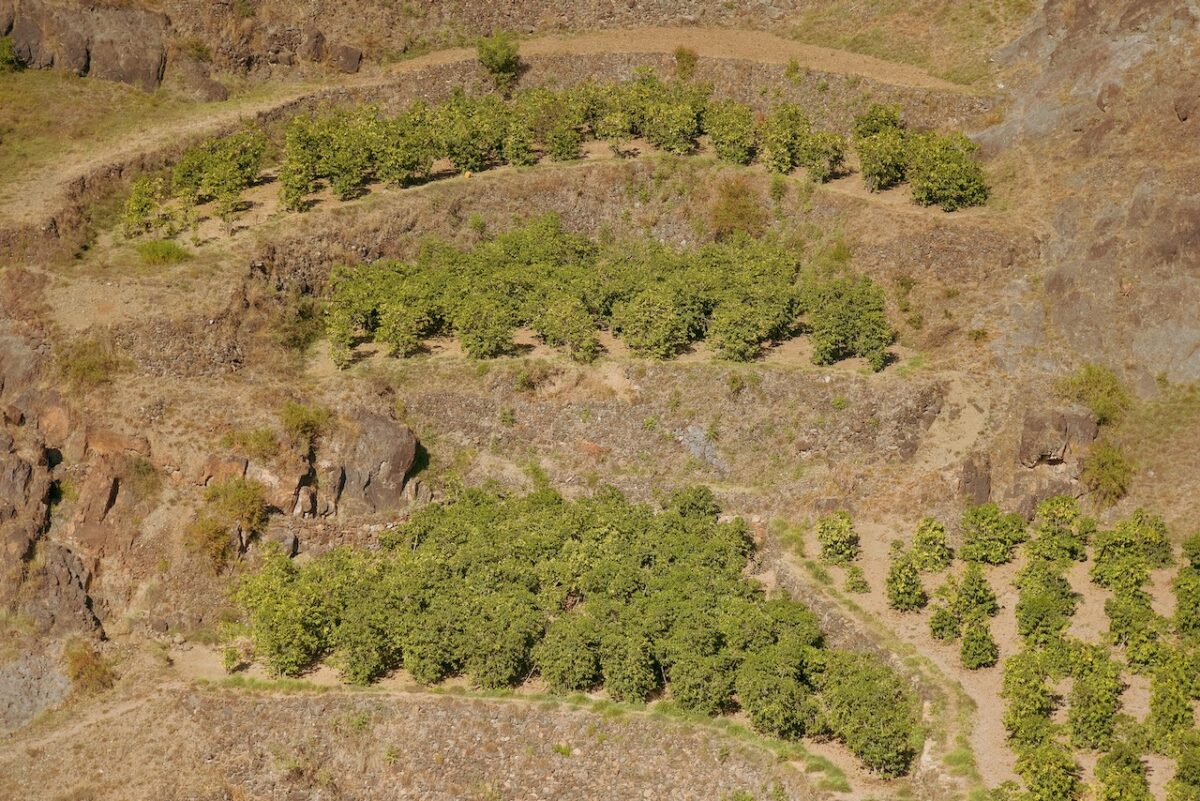
Coffee Production in Yemen
Yemen’s coffee is mainly produced in the country’s northwest. It is grown in terraced fields to deal with an abundance of rain. This landscape of terraced coffee farms is characteristic of Yemen. Famous cultivation areas include the Bani Matar district, which produces a variety called Mocha Mattari, and the Haraz district, which produces Mocha Haraz. They are both located around the Jabal An-Nabi Shu’ayb mountain near the capital Sanaa.
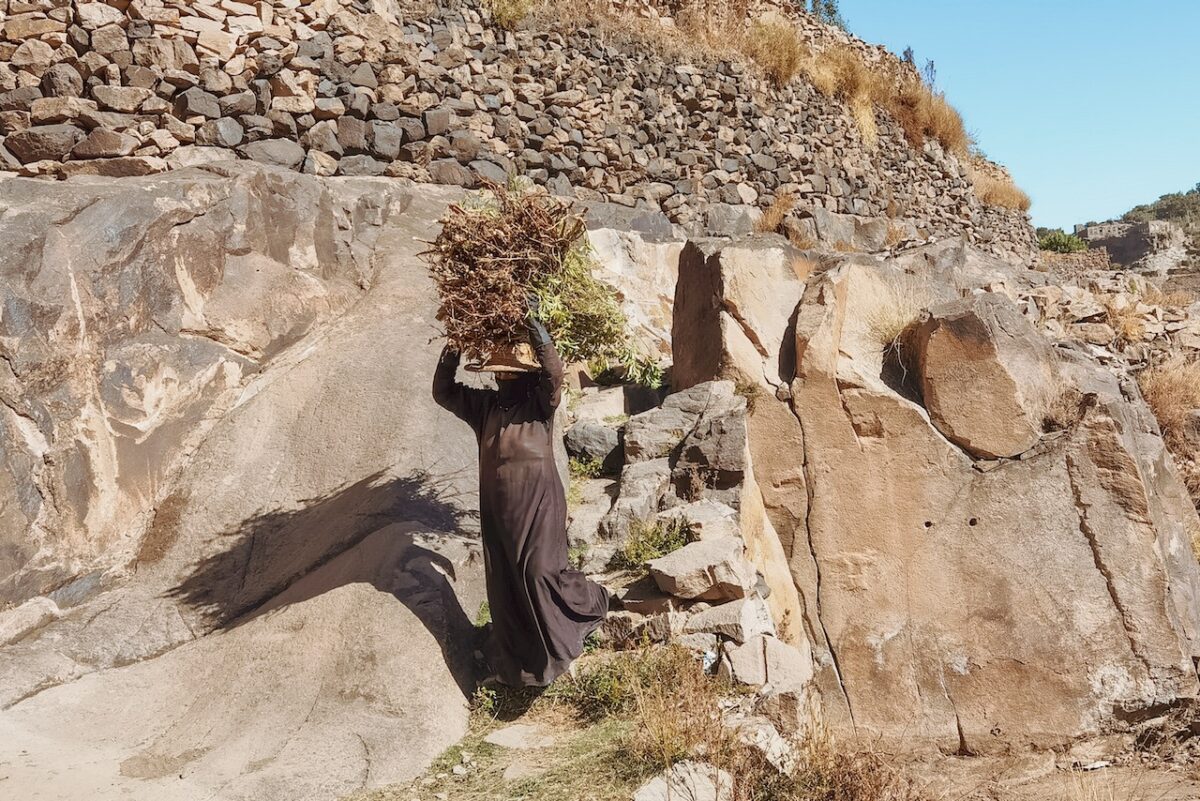
Yemen and Civil War
Yemen was once a thriving trade hub, earning itself the moniker “Arabia Felix,” or fertile Arabia. But today, some say the country faces the world’s worst humanitarian crisis, brought on by political upheaval. The ongoing civil war has dealt a devastating blow to Yemen’s industry and economy since it broke out in 2015. Around half of its citizens live in poverty. The collapse of basic infrastructure has resulted in the spread of infectious diseases. Amid the raging conflict that has no end in sight, production of specialty coffee is one of the few hopes for Yemen.








